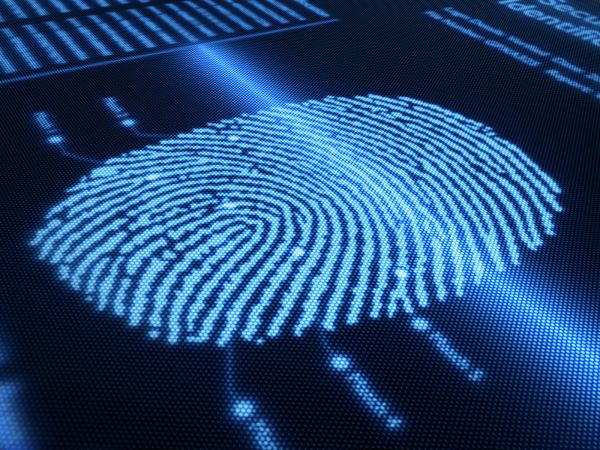Only Four in 10 US Adults Trust Governments to Handle Personal Biometric Data

Some 42 percent of US adults in a recent survey said they trust governments to handle their biometric data.
Organizations that consumers view as traditionally handling sensitive information, or those that serve important life functions such as hospitals and banks, are the most trusted, at 64 percent.
A third of consumers are neutral on using these technologies due to a lack of understanding about the user experience, data security and overall value proposition to them.
Although fewer than half of US adults have used any biometric technology, digital fingerprinting (29 percent) and voice recognition (13 percent) are the most widely used technologies. Consumers are most familiar with biometrics commonly portrayed in the media – such as DNA analysis – and biometrics they have seen, such as fingerprint readers on smartphones.
Some 91% of companies plan to turn to advanced authentication to help manage access and gain trust of customers and business partners, according to PwC. Some businesses are developing and implementing more advanced on-premises authentication technologies such as biometrics.
USAA, the San Antonio, TX-based financial services and insurance firm that caters to military veterans and service members, has implemented facial and voice recognition and fingerprint scanning for customer access to mobile apps. Biometrics has enabled USAA to enhance security and customer service, reduce help desk calls and improve ease of use for customers.
Another approach is hardware-based authentication. Tech giant Google has developed a USB device called Security Key that provides highly secure two-factor authentication for its Google for Work applications. Using the FIDO Alliance’s Universal 2nd Factor (U2F) standard, the Security Key transmits an encrypted signature rather than a verification code to help ensure credentials cannot be phished. To authenticate, users simply tap the Security Key, which is faster than requesting and entering an authentication code, the survey shows. Starwood Hotels & Resorts has created an entirely different type of access key.
The hospitality company’s SPG Keyless service allows preregistered hotel guests to bypass the check-in desk and tap their smartphone or Apple Watch to unlock hotel room doors. The app, available to members of Starwood’s Preferred Guest frequent traveler program, also provides guests with directions to the property from the airport, as well as information about individual hotel and frequent traveler account balances. Use of these types of password-less authentication and apps will require organizations to rethink their approach to identity management and focus solutions on building identity trust relationships with users, said Suzanne Hall, Managing Director, PwC, cited in the document.
The “Biometric Technology” study surveyed 1,013 U.S. adults.
tags
Author
Former business journalist, Razvan is passionate about supporting SMEs into building communities and exchanging knowledge on entrepreneurship.
View all postsRight now Top posts
Outpacing Cyberthreats: Bitdefender Together with Scuderia Ferrari HP in 2025
March 12, 2025
Streamjacking Scams On YouTube Leverage CS2 Pro Player Championships to Defraud Gamers
February 20, 2025
How to Identify and Protect Yourself from Gaming Laptop Scams
February 11, 2025
Your Device ‘Fingerprint’ Will Go to Advertisers Starting February 2025
December 24, 2024
FOLLOW US ON SOCIAL MEDIA
You might also like
Bookmarks








